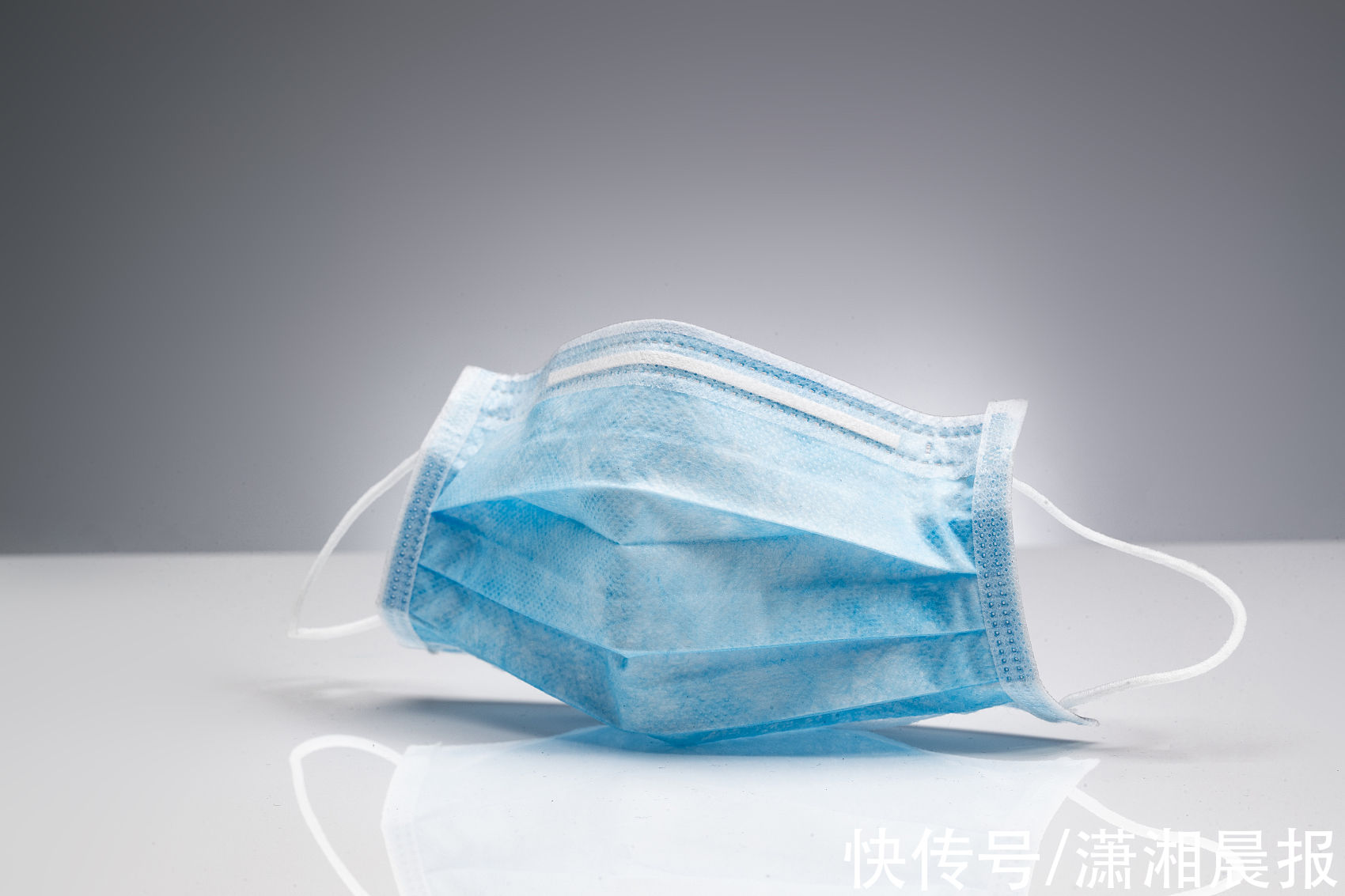
Ms. Yuan, a 33-year-old woman from Changsha, had not had her period for four months. She was flustered and went to the gynecology department of Changsha Third Hospital.
Ms. Yuan told Hou Jing, the attending physician, that she was under a lot of work pressure and often worked overtime until two or three o’clock in the morning; for the past year, her menstrual period has been delayed; not only that, her cheeks Spots started to grow, and hair loss became more and more serious.
After ruling out the possibility of pregnancy, Hou Jing prescribed AMH test, sex hormone test and ultrasonography for Ms. Yuan.
The results showed that Ms. Yuan’s sex hormones were abnormal in many indicators, and the count of antral follicles was reduced, especially the AMH was only 0.16 ng/ml. The doctor told Ms. Yuan that she had premature ovarian failure.
Premature ovarian failure is a disease caused by a series of symptoms such as menstrual disorders, loss of libido, infertility and perimenopausal syndrome caused by ovarian function decline in women after menarche to 40 years old.
“I’m only in my early 30s, I haven’t married and have children, and I’m still very early in menopause. How could the ovaries age prematurely? You must be mistaken!” Ms. Yuan couldn’t believe such a result.
Hu Fangxing, director of the Medical Laboratory Department, introduced that clinical evaluation of ovarian function requires a comprehensive judgment based on indicators such as AMH, age, AFC (number of antral follicles) and sex hormones. Among them, AMH (anti-Mullerian hormone) is a hormone secreted by the granulosa cells of the ovarian preantral follicles and small antral follicles.
When AMH is too high, it indicates PCOS (polycystic ovary syndrome) or high ovarian response, which can lead to infertility; when AMH is low, it indicates premature ovarian failure, and ovarian function declines, leading to premature aging and prolonged menstrual cycle in women , serious can lead to amenorrhea, infertility and so on. Therefore, for women with fertility requirements, it is generally believed that AMH needs to be maintained in the range of 2-8 ng/mL.
And Ms. Yuan’s AMH test result was only 0.16 ng/ml, far below the normal value; coupled with abnormal sex hormones and other indicators, the number of antral follicles decreased, and the clinical symptoms of 4-month amenorrhea , all suggest that her ovarian function is declining.
Hou Jing introduced that the ovary is an important reproductive organ for women and the main place for estrogen secretion, which is related to women’s fertility, skin condition, bone condition and cardiovascular condition. In addition to genetic factors and viral infection, factors such as staying up late for a long time, bad mood, frequent abortion, long-term use of emergency contraceptives, smoking and other factors can cause ovarian inflammation or immune ovarian damage and lead to premature ovarian failure.
Ovarian function decline is a gradual process. Most patients often have oligomenorrhea or menstrual disorders before premature ovarian failure, and may have perimenopausal symptoms such as hot flashes, sweating, upset, and forgetfulness. At this time, women are obviously aging, dry skin, and easy to combine with osteoporosis. Therefore, it is necessary to intervene in time to help maintain a normal menstrual cycle by adjusting work and rest time, improving lifestyle, and combining drug treatment if necessary, so as to improve women’s physical condition.
Hou Jing suggested that Ms. Yuan can take estrogen supplementation, traditional Chinese medicine to regulate menstruation, etc., adjust her work and rest, improve her lifestyle, and have regular follow-up visits.
Xiaoxiang Morning News reporter Mei Mei Correspondent Zhu Qiuliang Wei Sha
For more exciting content, please download the “Morning Video” client in the app market. News leads are welcome and paid upon acceptance. Wechat attention for breaking news: xxcbwx, 24-hour news hotline 0731-85571188.